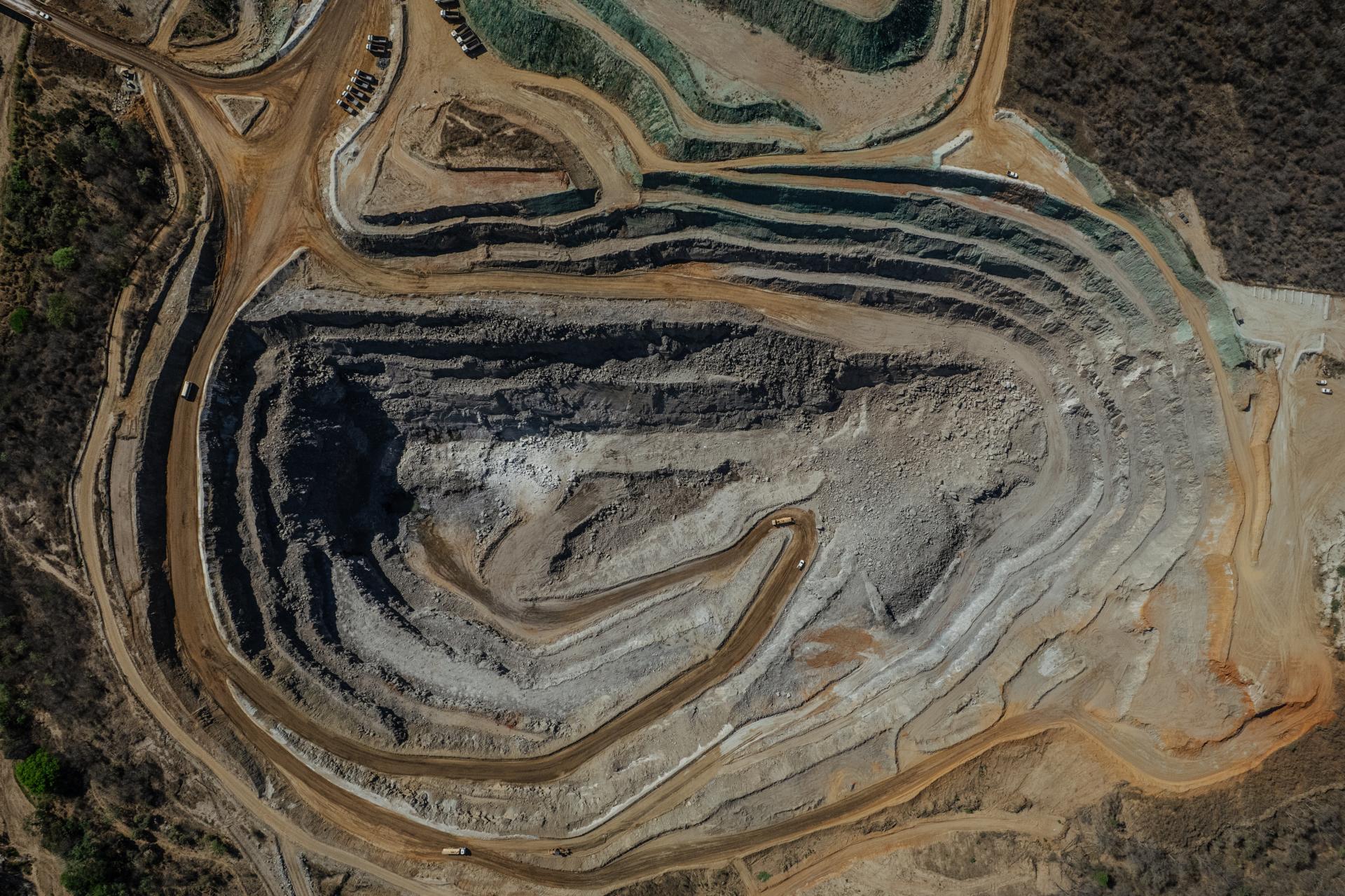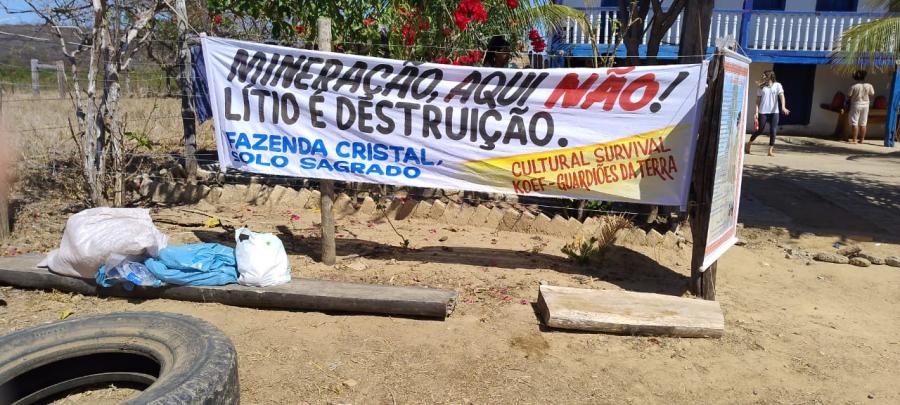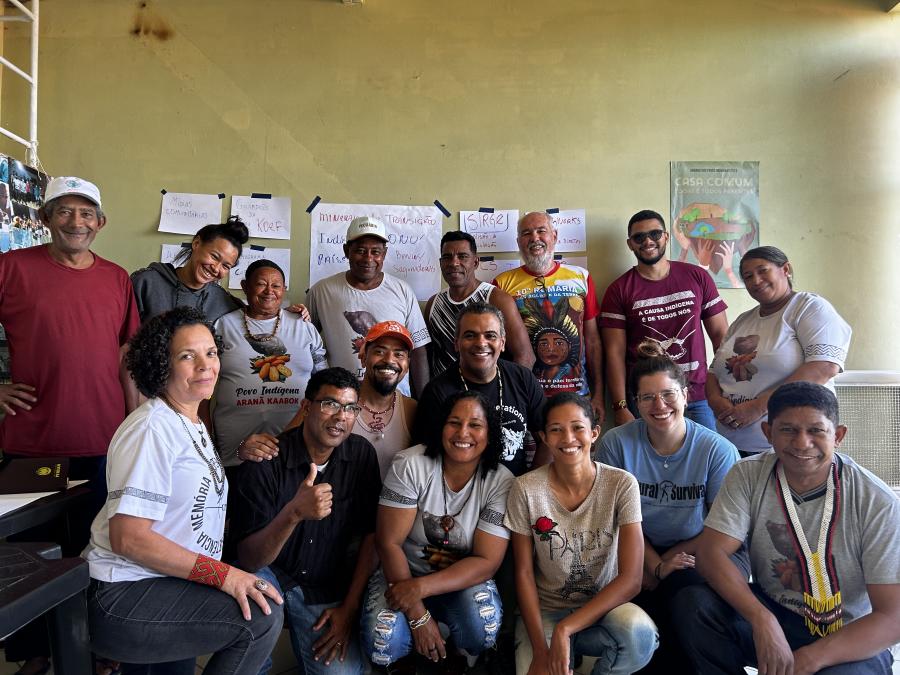
Press release by LIQUIT.
On April 16, 2025, four research groups linked to the Federal University of Minas Gerais (UFMG), the State University of Montes Claros (Unimontes), the Federal University of the Jequitinhonha and Mucuri Valleys (UFVJM) did and London South Bank University, who collaborate in the international research project LIQUIT (“Local, Indigenous, Quilombola and Traditional Communities and the construction of the ‘Lithium Valley’ in Minas Gerais, Brazil: Empowering silenced voices in the energy transition”) sent a Technical Note to the environmental agencies of Minas Gerais recommending the immediate suspension of Sigma Lithium S.A.’s activities at its Grota do Cirilo project in the municipalities of Araçuaí and Itinga (MG).
The attached document lists serious human rights violations, irregularities in the environmental licensing process, and shortcomings in the company’s environmental impact studies. It also denounces Sigma’s use of outdated mining technology, which, according to the researchers, causes 30 times more socio-environmental damage than existing alternatives.
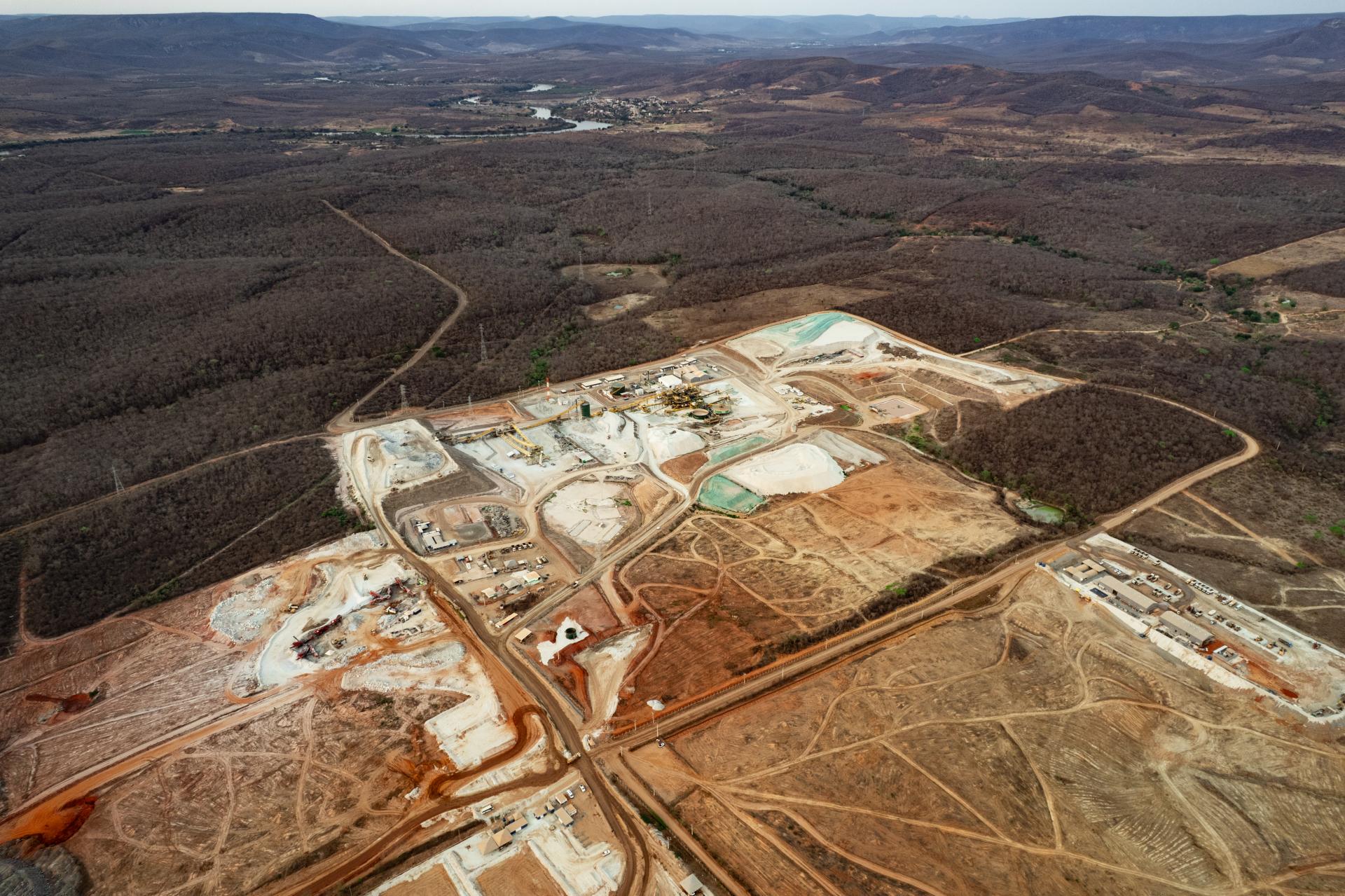
Although Sigma Lithium presents itself as a pioneer of “sustainable mining,” it operates an opencast mine, a method the authors describe as obsolete: it produces 94% waste rock and only 6% lithium-bearing pegmatite. By contrast, a neighbouring company has used the sublevel-stopping underground method for three decades, reducing land consumption and waste generation by 30. Sigma ignored that alternative in its studies, violating Brazil’s CONAMA Resolution 001/1986, which requires analysis of all viable technologies.
“Sigma chose the cheapest and most destructive path, turning the Jequitinhonha Valley into a victim territory of consumerism in the Global North. While local firms operate efficiently with lower impacts, Sigma devastates sensitive areas and disregards viable technical solutions.” -- Klemens Laschefski (Professor, Department of Geology, UFMG; researcher at GESTA-UFMG).
Residents of Piauí Poço Dantas and Ponte do Piauí report untenable living conditions: continuous truck noise, vibrations that crack their homes, constant dust, and water contamination. Sigma’s own impact studies indicate that an approved expansion would worsen these problems—trucks carrying 40 tonnes would make more than two trips per minute to feed the processing plant and remove waste.
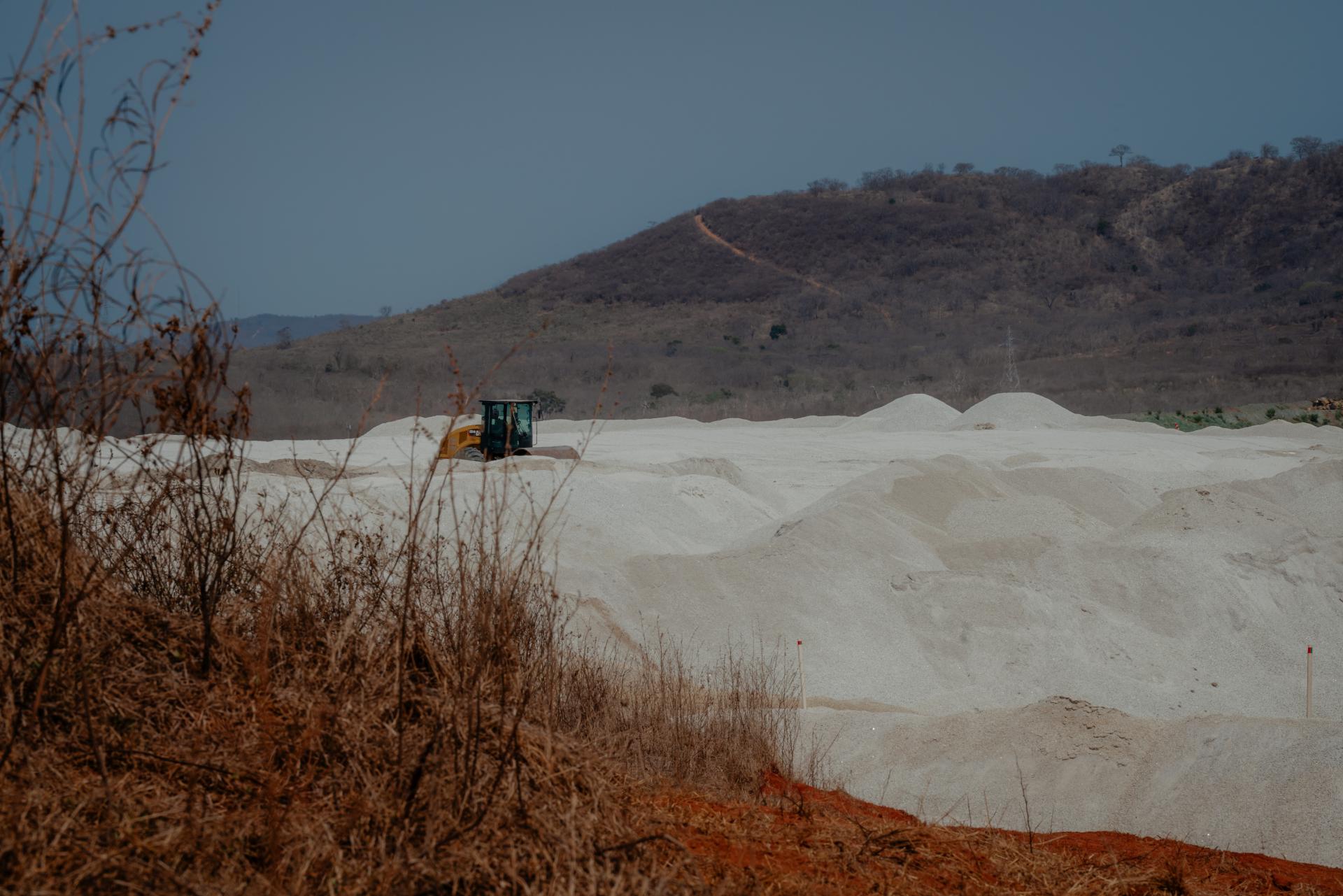
“These are systematic violations of constitutional rights: the rights to sleep, to health, to clean water, to dignity. Sigma dismisses environmental damage as subjective perceptions, yet technical evidence and community testimony are irrefutable. The EIA even neglects local hydrogeology, endangering aquifers vital to the semi-arid region and residents’ livelihoods.” -- Rômulo Barbosa (Professor, Department of Social Sciences, Unimontes; researcher at NIISA-UNIMONTES).
The document further accuses Sigma of license-splitting—filing multiple separate permits to avoid an integrated impact analysis and ease approval. Although the project is a single industrial complex with up to nine planned pits, it was divided into separate licensing requests. The company’s EIA also omitted a cumulative-impact analysis with other regional mining projects.
“This isn’t licensing—it’s bureaucratic greenwashing. Repeated requests to expand infrastructure violate Article 16 of State Decree 47.383/2018, which requires all interdependent activities to be licensed as one." -- Marcos Zucarelli (researcher, GESTA-UFMG).
The licensing process ignored the ILO Convention 169, which demands Free, Prior and Informed Consent from local communities and relied largely on secondary socioeconomic data collected by Sigma, undermining the independence required for such processes.
"The voices of the local communities were strategically silenced. The company recycled 14 slides from previous EIAs with data from the physical and biotic environment. At the same time, the socioeconomic section had just one, without mentioning risks to nearby homes or previously existing local economies and cultures." Francisco Calafate-Faria (London South Bank University; LIQUIT project coordinator).
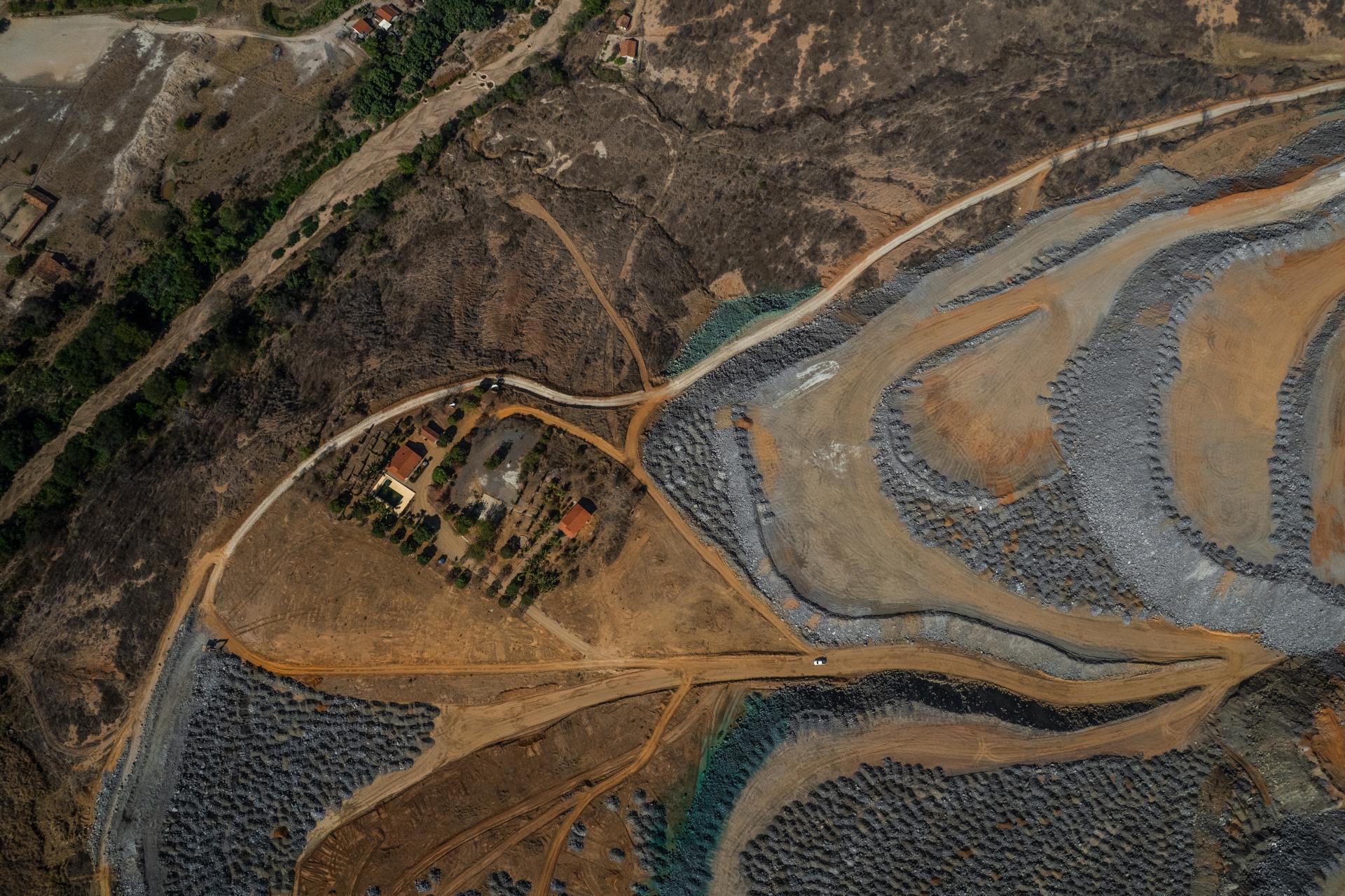
Before and during the public hearings, affected residents reported a climate of fear and an atmosphere of intimidation and pressure to silence criticism.
“Many people have denounced degrading living conditions since mining began: noise, dust, cracked houses, housing insecurity. The company ignored them, responding with technical statements, claiming they monitor impact and comply with legal requirements. Roughly 70 directly affected families have had their lives destroyed. Communities that once enjoyed quiet, birdsong and close ties to nature now face constant blasting and heavy-truck traffic. They are being cornered and forced out by violence masked as legality, losing their right to remain, their tranquillity, and their capacity to live according to their culture. These are irreversible damages.” -- Vanessa Juliana (researcher and extensionist at the Observatory of the Jequitinhonha and Semi-Arid Valleys):
The Technical Note therefore recommends the immediate cessation of Sigma Lithium’s activities in the affected communities; the revocation of all environmental licenses already granted; a review of the licensing process that incorporates local knowledge and Free, Prior and Informed Consultation (FPIC); and the prioritisation of studies to verify the environmental feasibility of low-impact technologies such as underground mining.
“We cannot allow the Jequitinhonha Valley to become a frontier of negligence where extractivism masquerades as sustainability. A just energy transition cannot repeat colonial violence,” --Guilherme Queiroz (PPGSAT/UFMG/UNIMONTES).
The public hearings included the participation of the Minas Gerais State Prosecutor’s Office, which presented research by CIMOS and CAOMA/MPMG technicians highlighting the profound effects and impacts already experienced by more than 70 families affected by the operation. Popular organisations and social movements also spoke out, denouncing the harms of lithium mining that the company’s narrative has ignored.
Contato: vozesterritorios.fih@ufvjm.edu.br
Photos by Rebeca Binda.
